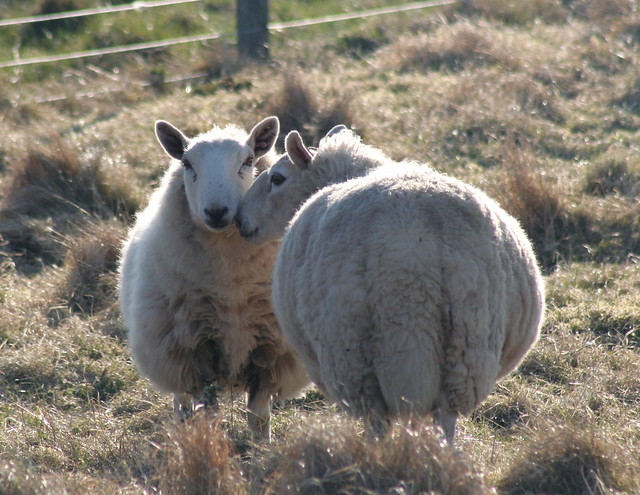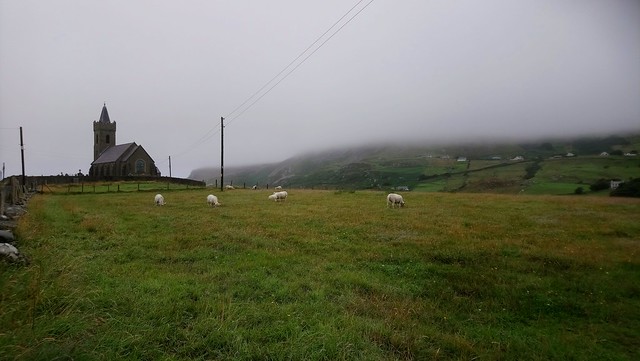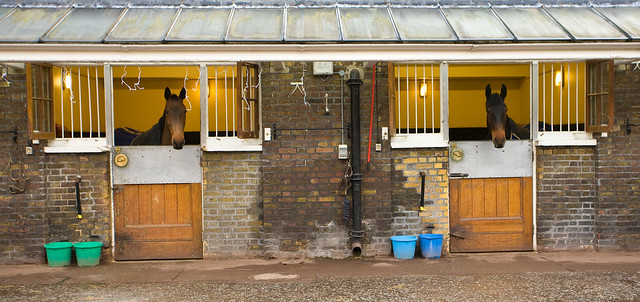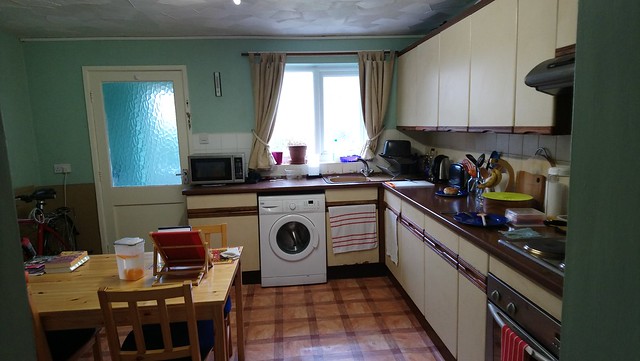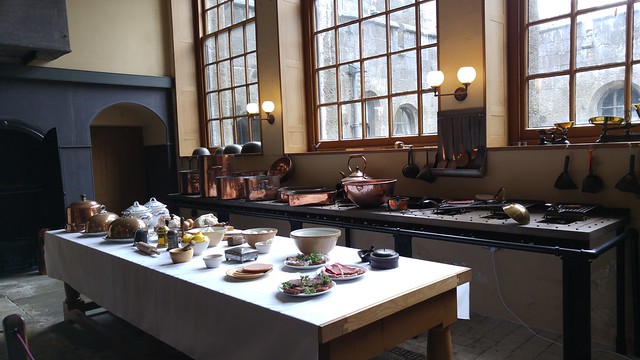Words for circle, ring and related words in Celtic languages.
There are three words for circle in Proto-Celtic: *kerk-injo-, *kerkinn- and *kuro-. They don’t appear to have descendents in modern Celtic languages.
| Proto-Celtic | *ānniyos = ring |
|---|---|
| Old Irish (Goídelc) | áinne = ring |
| Middle Irish (Gaoidhealg) | áinne, ánne = ring, circuit, anusm posterior |
| Irish (Gaeilge) | fáinne [ˈfˠɑːɲə/ˈfˠæːn̠ʲə] = ring, circle, ringlet, curl, halo fáinneach = annular, ring-like, ringed, ringleted, whorled, adorned, beautiful fáinneadóir = ring-maker, dealer in rings fáinneáil = (act of) circling, fluttering fáinneán -= ampitheatre, circus fáinneog = ringlet, curl fáinneoir = person who rings animals fáinnigh = to ring, encircle, dawn fáinniú = encirclement, dawning |
| Scottish Gaelic (Gàidhlig) | fàinne [faːn̪ʲə] = ring, ringlet, circle fàinneach [faːn̪ʲəx] = pertaining to or like a ring, ringed fàinneachadh [faːn̪ʲəxəɣ] = (act of) curling, ringing fàinneag [faːn̪ʲag] = small ring, ringlet |
| Manx (Gaelg) | fainey = circle, puck, whorl, wreathe, ring fainnit = ringed |
Etymology: from Proto-Indo-European *h₁eh₂no- (ring). Cognate with the Latin ānus (ring, anus), and anus in English, French, Catalan and Romanian [source].
The English word phon(e)y (fraudulent, fake) possibly comes from the old slang word fawney (a gilt brass ring used by swindlers; a finger ring), from the Irish fáinne (ring) [source].
| Old Irish (Goídelc) | circul = circle, orbit, zone, hoop |
|---|---|
| Middle Irish (Gaoidhealg) | circul = circle, orbit, zone, hoop |
| Irish (Gaeilge) | ciorcal [ˈkiɾˠkəlˠ] = circle ciorcalach = circular, cyclic ciorcalaigh = to encircle, circle ciorclán = circular (letter) |
| Scottish Gaelic (Gàidhlig) | cearcall [kʲɛrxgl̪ˠ] = circle, cycle, ring (circus, etc), hoop cearclach = circular, cyclic(al) |
| Manx (Gaelg) | kiarkyl = ring, circle, rim, coterie kiarklagh = cyclic(al), rotund, circulatory kiarkylagh = circular daachiarkyl = bicycle |
| Proto-Brythonic | *kɨrxl [aˈbɛːr] = circle, ring |
| Old Welsh | circhl = circle, ring |
| Middle Welsh (Kymraec) | kylch, kylc = circle, ring |
| Welsh (Cymraeg) | cylch [kɨ̞lχ/kɪlχ] = circle, ring, compass, scope, range, circumference, environs, surroundsing, precints, zone, belt, hoop, social circle, orbit, revolution, period, cycle, halo cylchai = halo cylchaidd = circular, round(ish) cylchig = circlet, small circle cylch(i)ol = circular, orbital, surrounding, itinerant, periodic, cyclic cylchu, cylch(i)af, cylcho = to hoop, rim (a wheel) |
| Cornish (Kernewek) | kelgh, kylgh = circle, hoop, round, ring kylghek = circular kylghigow = hoop-la kylghlavar = circumlocution kylghvusur = perimeter |
| Middle Breton (Brezonec) | kelc’h = circle, disc, halo kelc’hdro = orbit kelc’hennva = ampitheatre kelc’hiad = circumference kelc’hiek = circular |
| Breton (Brezhoneg) | kelc’h = circle, halo kelc’hiañ = to surround, define, figure out kelc’hier = compass kelc’htreiñ = to orbit kelc’htro = orbit kelc’htroel = orbital |
Etymology: from the Latin circulus (circle), from circus (circle, ring, racecourse, circus), from the Ancient Greek κίρκος (kírkos – circle, ring) from the Proto-Indo-European *(s)ker- (to bend, turn) [source].
Words marked with a * are reconstructions.
Sources: Wiktionary, Am Faclair Beag, Online Manx Dictionary, Teanglann.ie, eDIL – Electronic Dictionary of the Irish Language, In Dúil Bélrai English – Old Irish glossary, Geiriadur Prifysgol Cymru, Gerlyver Kernewek, Dictionaire Favereau, TermOfis, English – ProtoCeltic WordList (PDF), Etymological Dictionary Of Proto Celtic






